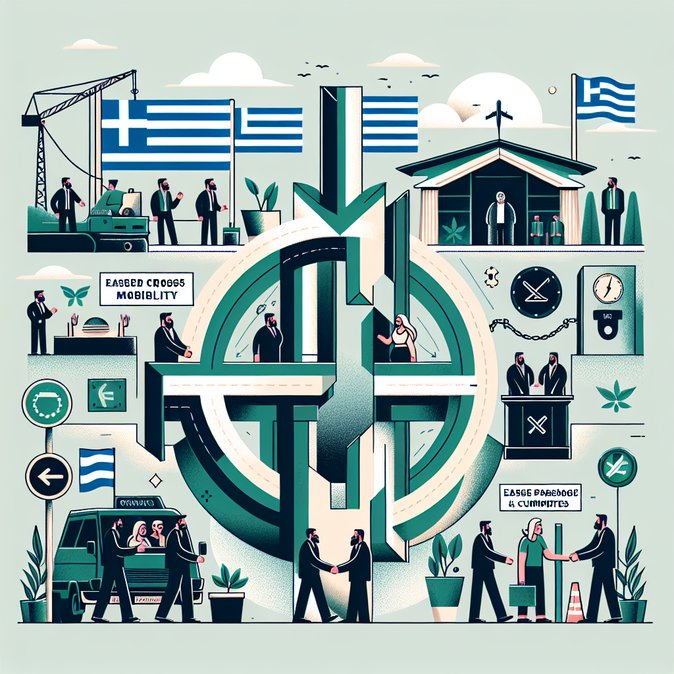
Meeting in the UN-controlled buffer zone on 20 November, Greek-Cypriot President Nikos Christodoulides and newly elected Turkish-Cypriot leader Tufan Erhurman agreed to seek an informal summit with UN Secretary-General António Guterres to restart stalled reunification negotiations. It was the pair’s first encounter since Erhurman’s landslide October victory and came amid mounting public pressure to improve mobility across the 184-km "Green Line."
Although the discussion focused on process rather than substance, both sides described the atmosphere as "constructive" and committed to additional meetings. A UN envoy will visit the island in early December to prepare a broader format that could also involve guarantor powers Greece, Turkey and the UK.
![Rival Leaders Pledge to Revive Cyprus Peace Talks, Raising Hopes for Easier Green-Line Crossings]()
Cross-line mobility is a practical barometer for progress. More than a million Green-Line crossings were recorded in 2024, dominated by Turkish-Cypriot residents shopping in the south and Greek-Cypriot day-trippers visiting historic sites in the north. Business groups say streamlined checkpoints could unlock further economic interaction, particularly for small exporters and service providers.
Multinationals with staff on both sides of the divide are watching closely. Easing paperwork for vehicle insurance and temporary-residence permits would cut administrative overhead, while a political thaw could eventually allow joint infrastructure projects—improving logistics for companies that shuttle goods via the Larnaca and Famagusta ports.
For now, mobility managers should monitor Green-Line opening hours, which occasionally change at short notice, and remind travellers that passports remain required until a formal agreement modifies the crossing regime.
Although the discussion focused on process rather than substance, both sides described the atmosphere as "constructive" and committed to additional meetings. A UN envoy will visit the island in early December to prepare a broader format that could also involve guarantor powers Greece, Turkey and the UK.

Cross-line mobility is a practical barometer for progress. More than a million Green-Line crossings were recorded in 2024, dominated by Turkish-Cypriot residents shopping in the south and Greek-Cypriot day-trippers visiting historic sites in the north. Business groups say streamlined checkpoints could unlock further economic interaction, particularly for small exporters and service providers.
Multinationals with staff on both sides of the divide are watching closely. Easing paperwork for vehicle insurance and temporary-residence permits would cut administrative overhead, while a political thaw could eventually allow joint infrastructure projects—improving logistics for companies that shuttle goods via the Larnaca and Famagusta ports.
For now, mobility managers should monitor Green-Line opening hours, which occasionally change at short notice, and remind travellers that passports remain required until a formal agreement modifies the crossing regime.








